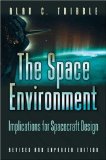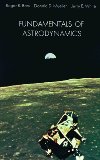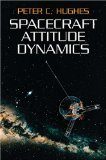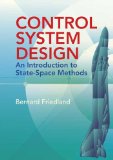The Fifth European Conference on Space Debris is hosted by ESA. The conference takes place at ESA’s Space Operations Centre (ESOC) in Darmstadt, Germany, for four days beginning March 30.
The space debris in Earth orbit has been attracting attention due to the direct threat that it poses to current and future space missions. Long-term protection of the low-Earth and geosynchronous orbital zones is essential for the development of commercial activities in space.
“Our ability to safely use outer space in the long term is not guaranteed,” said Gerard Brachet, a past Chairman of the UN Committee on the Peaceful Uses of Outer Space (UNCOPUOS), speaking during today’s opening speech. He added that: “Increased crowding in low Earth orbits as well as the geostationary orbit creates new challenges.”
The first artificial satellite was launched in 1957 by the Soviet Union. Since then, almost 5000 launches have placed around 6000 satellites into orbit. Today, the 800 operational satellites count for only six percent of the catalogued orbit population. Decommissioned satellites, spent upper stages, mission-related objects, and fragments make up the rest. More than half of the debris originates from around 200 fragmentations that occurred in orbit. Except for few accidental collisions, these fragmentations were explosions of spacecraft and upper stages.
Mitigation measures have to be implemented. Among these, reducing the number of explosions, minimizing the number of objects released during spacecraft operations (also known as mission-related objects or MRO), re-orbiting satellites, and returning spacecraft and rocket stages to Earth after completion of their mission.
The main sponsor of the conference is ESA and co-sponsors are the Italian space agency (ASI), the British National Space Centre (BNSC), the French space agency (CNES), the German Aerospace Center (DLR), the Committee on Space Research (COSPAR), and the International Academy of Astronautics (IAA).
For more details about the conference, you can visit the ESA website.



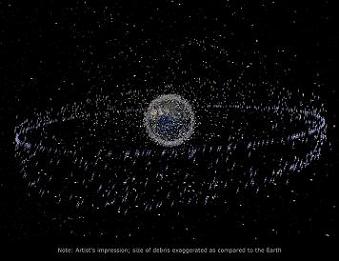






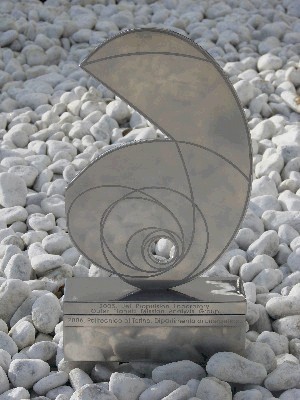
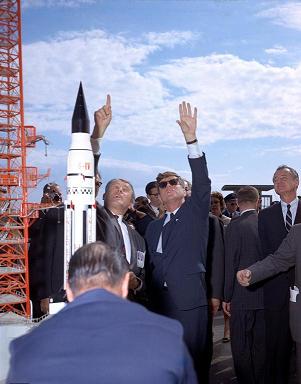
 Subscribe to blog posts using RSS
Subscribe to blog posts using RSS






